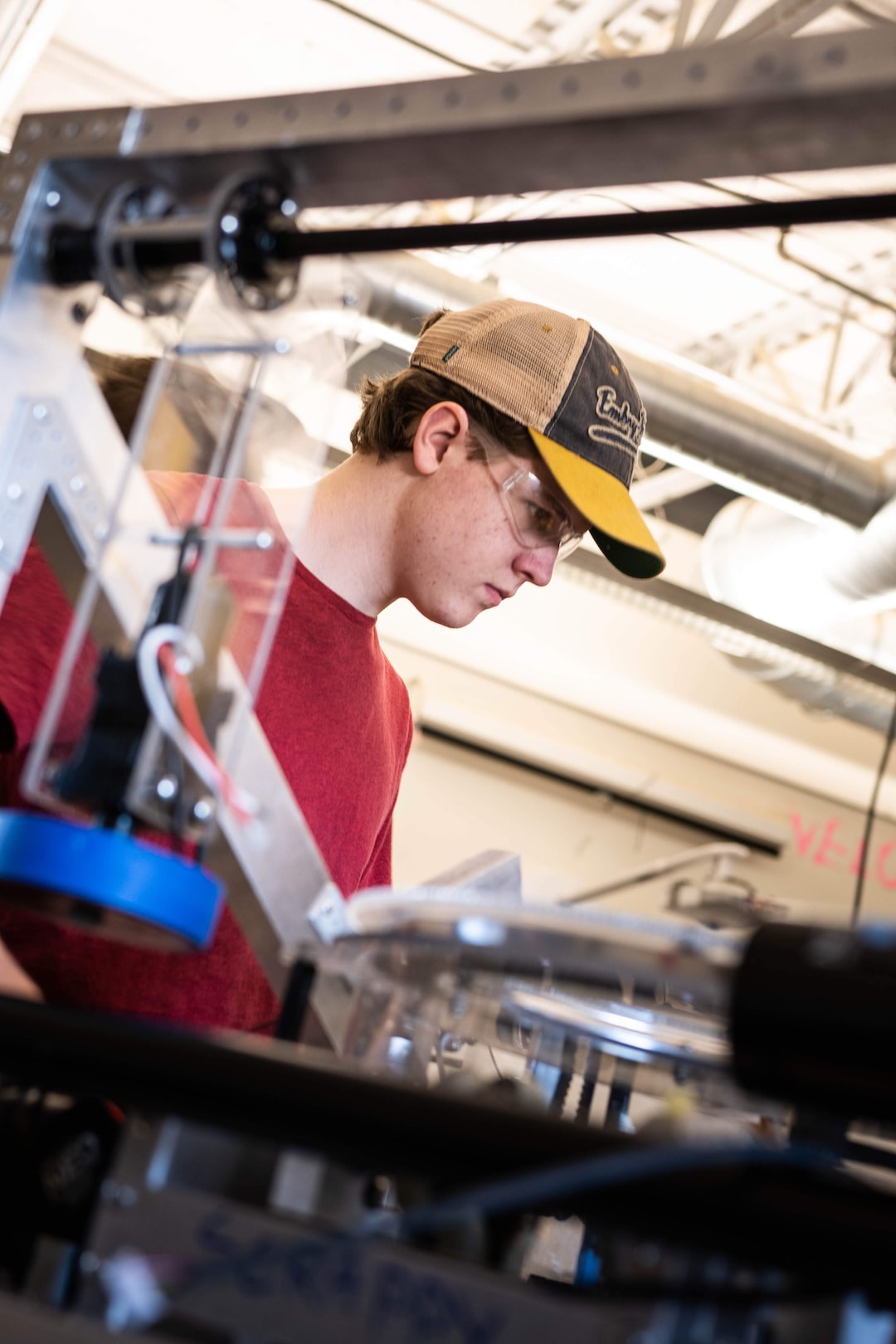How Lean Manufacturing is Revolutionizing Production
In today’s fast-paced and competitive business environment, efficiency and flexibility are key factors to success. One strategy that has emerged as a game-changer for many industries is lean manufacturing. Lean manufacturing is a systematic approach that aims to eliminate waste and focus on value-added activities. By streamlining processes and optimizing resources, lean manufacturing is revolutionizing production and driving significant improvements in productivity, quality, and customer satisfaction.
At its core, lean manufacturing is built on the principle of continuous improvement. It encourages organizations to foster a culture of innovation and experimentation, always looking for ways to enhance efficiency and maximize output. This philosophy is rooted in the Japanese concept of Kaizen, which means “change for the better.” The goal of lean manufacturing is not only to meet current production demands but also to continually strive for excellence and adapt to changing market needs.
One of the key elements of lean manufacturing is the concept of reducing waste, known as Muda. Waste can take many forms, including excess inventory, overproduction, defects, unnecessary waiting time, and inefficient movement of goods and materials. Lean manufacturing aims to identify and eliminate these wasteful activities, thereby increasing productivity and reducing costs. By focusing on value-added processes and minimizing non-value-added tasks, businesses can optimize their resources and improve overall efficiency.
Another fundamental aspect of lean manufacturing is just-in-time (JIT) production. JIT is a production strategy that seeks to deliver products to customers when they are needed, in the exact quantity required, and without any delays. Instead of stockpiling large inventories, JIT relies on a synchronized flow of materials and information throughout the production process. This approach not only reduces storage costs but also minimizes the risk of inventory obsolescence and ensures that products are delivered to customers faster.
To implement lean manufacturing successfully, businesses need to prioritize employee involvement and empowerment. Lean manufacturing encourages the active participation of workers at all levels, from the shop floor to the executive suite. This involvement fosters a sense of ownership and pride in the production process and allows employees to contribute their insights and suggestions for improvement. By creating a collaborative environment where everyone is focused on a common goal, organizations can tap into the collective wisdom of their workforce and drive innovation.
Technology also plays a crucial role in the revolutionizing effect of lean manufacturing. Automation and digitalization have transformed the production landscape by enabling real-time monitoring, data analysis, and process optimization. Lean manufacturing leverages technology to identify bottlenecks, track key performance indicators, and make informed decisions based on data. This integration of technology with lean principles allows businesses to identify areas for improvement, address challenges promptly, and continuously enhance their production processes.
One industry that has benefited greatly from lean manufacturing is the automotive sector. By embracing lean principles, automakers have been able to streamline their manufacturing processes, decrease lead times, and improve quality standards. For instance, Toyota, one of the pioneers of lean manufacturing, implemented the Toyota Production System, which focuses on waste elimination and efficiency improvement. This system has not only allowed Toyota to become one of the leading car manufacturers globally but has also inspired numerous other industries to adopt lean manufacturing practices.
Furthermore, lean manufacturing is not limited to the manufacturing sector alone. Its principles and benefits can be applied to various industries, including healthcare, construction, and even service-oriented organizations. In healthcare, lean manufacturing has helped hospitals and clinics reduce waiting times, improve patient flow, and enhance the overall quality of care. In the construction industry, lean principles have enabled projects to be completed more efficiently, reducing costs and improving productivity. Service-oriented businesses, such as restaurants and hotels, have also embraced lean manufacturing to enhance customer satisfaction and optimize their operations.
In conclusion, lean manufacturing is revolutionizing production by providing organizations with a framework to eliminate waste, enhance efficiency, and drive continuous improvement. It emphasizes the importance of reducing non-value-added activities, promoting employee involvement, and leveraging technology. With its ability to improve productivity, increase customer satisfaction, and adapt to changing market demands, lean manufacturing is no longer just a trend but a transformative approach to production that keeps businesses ahead of the competition.

